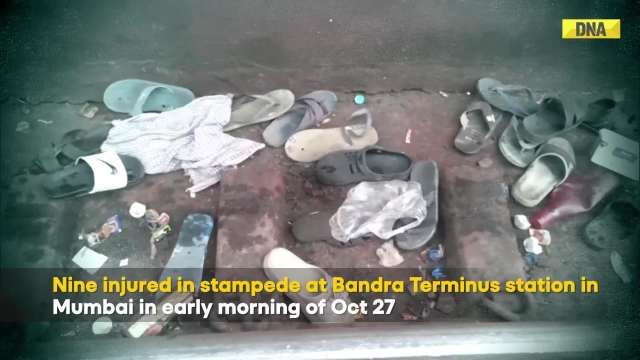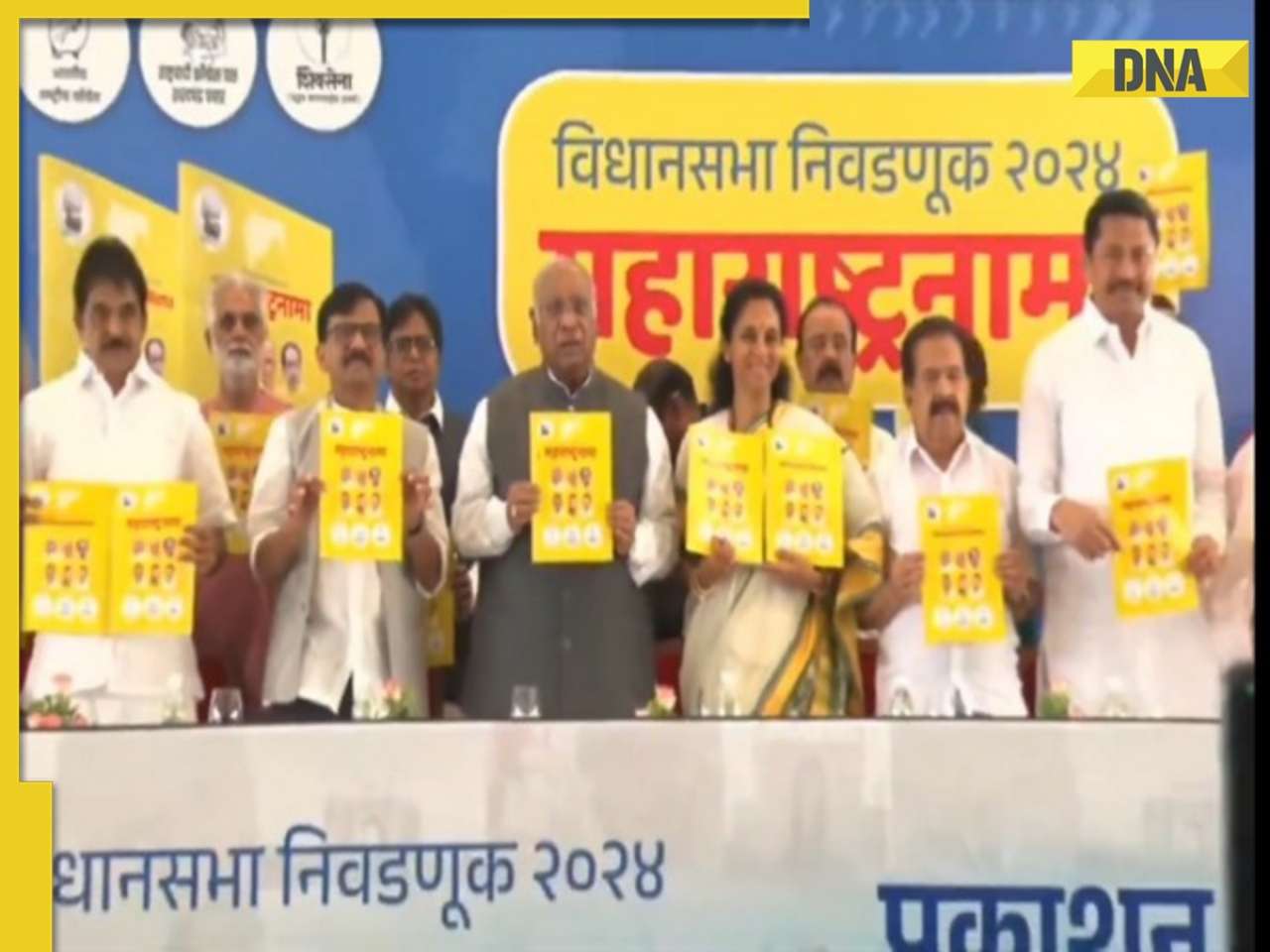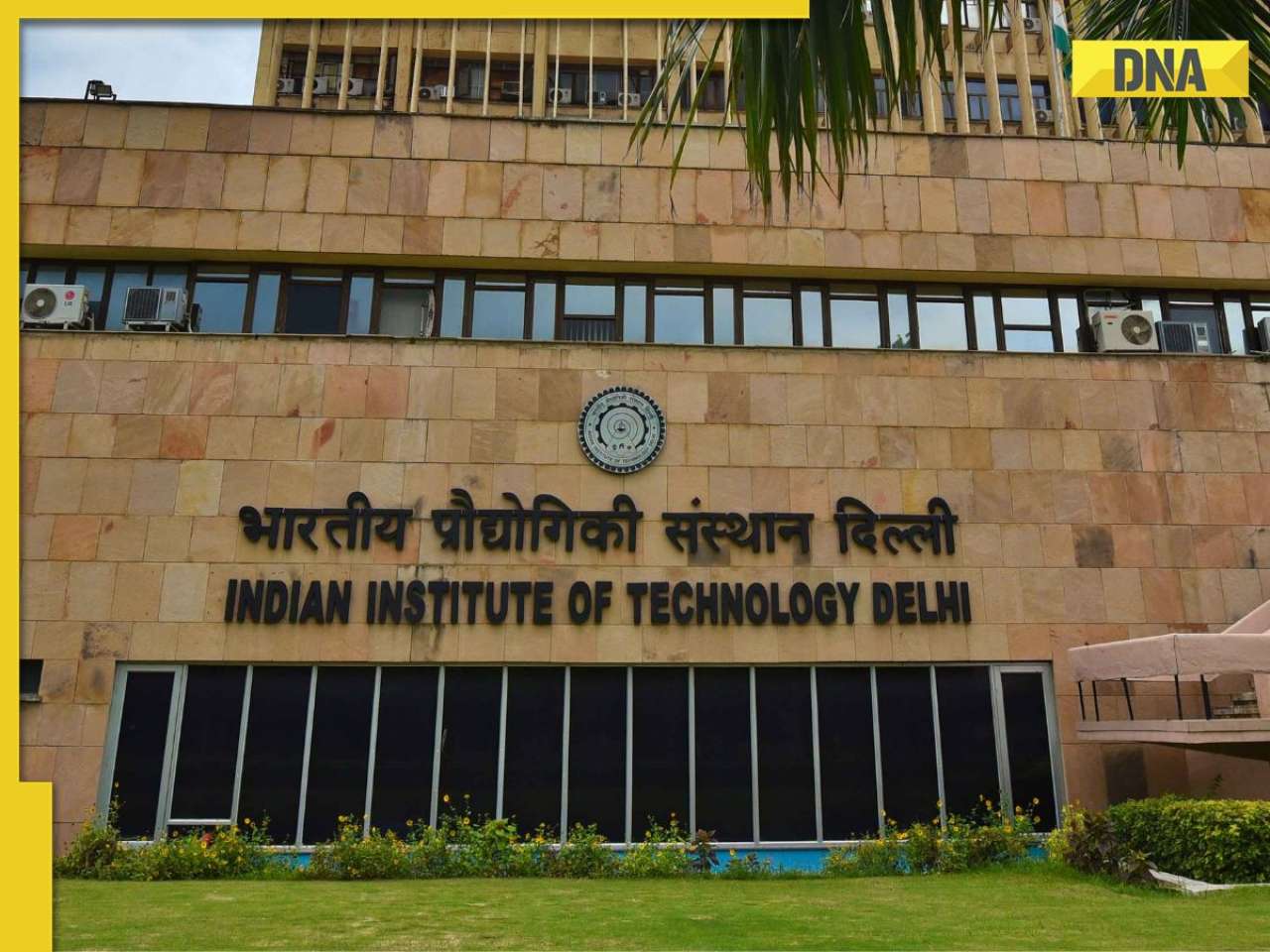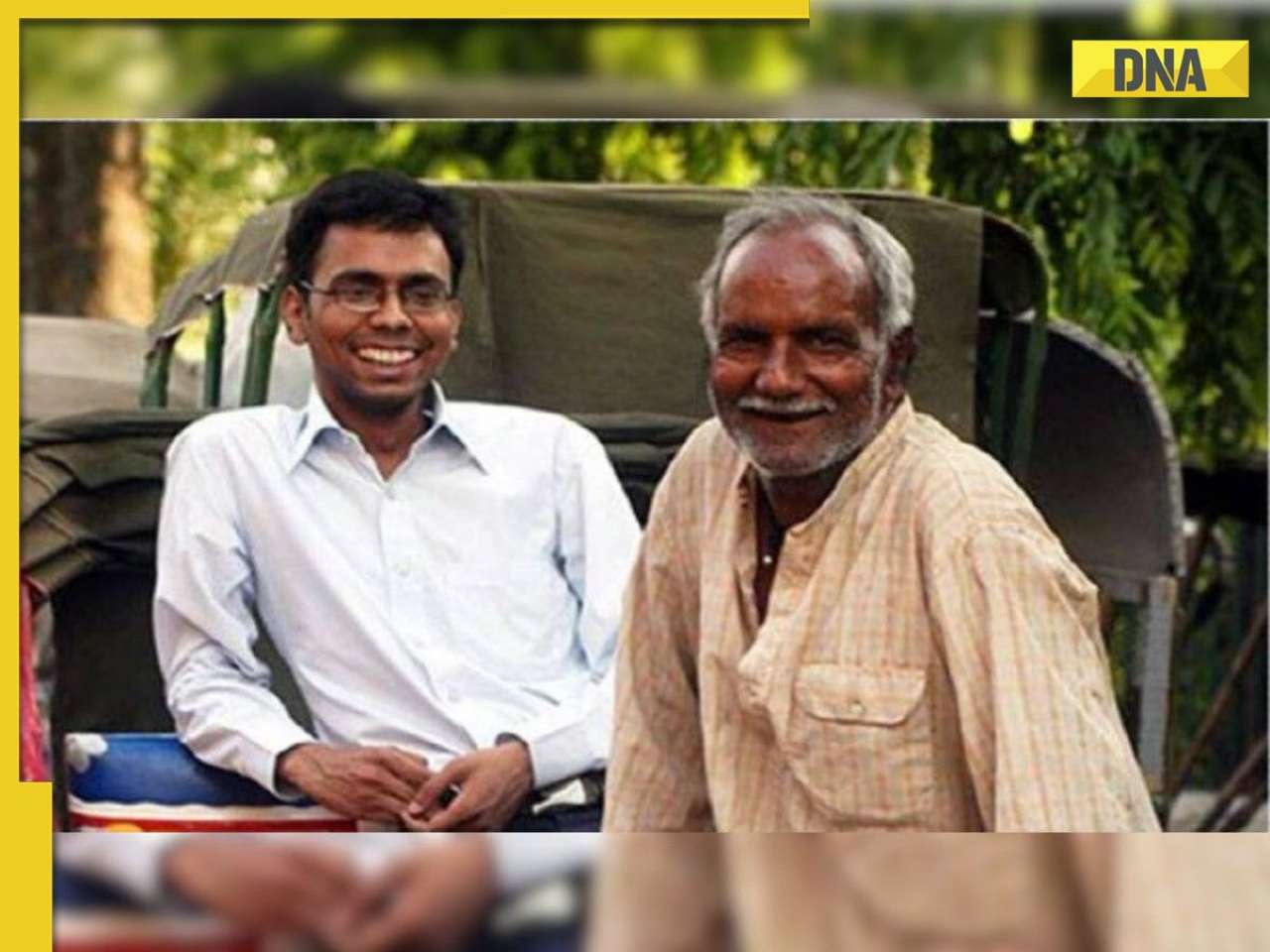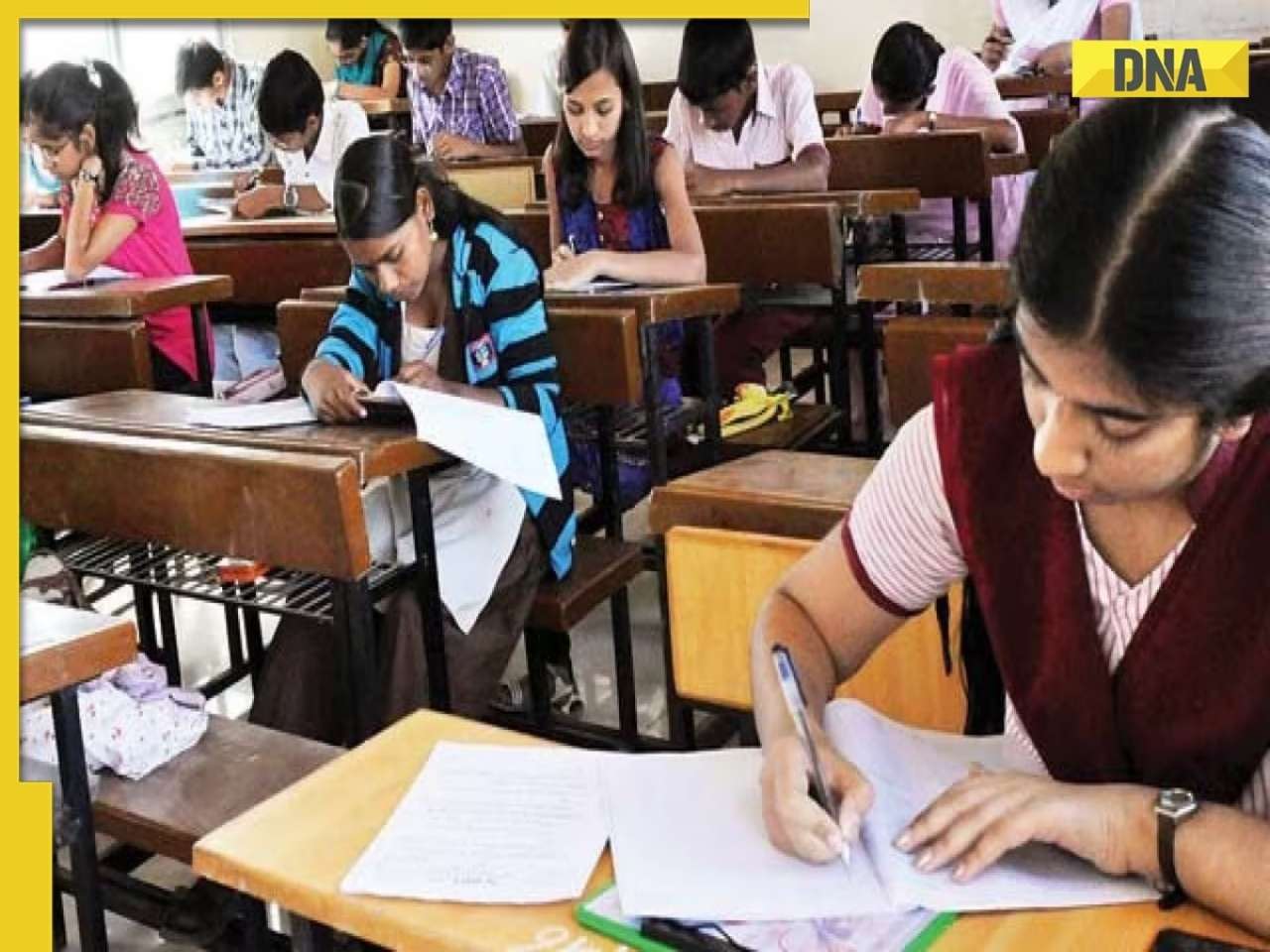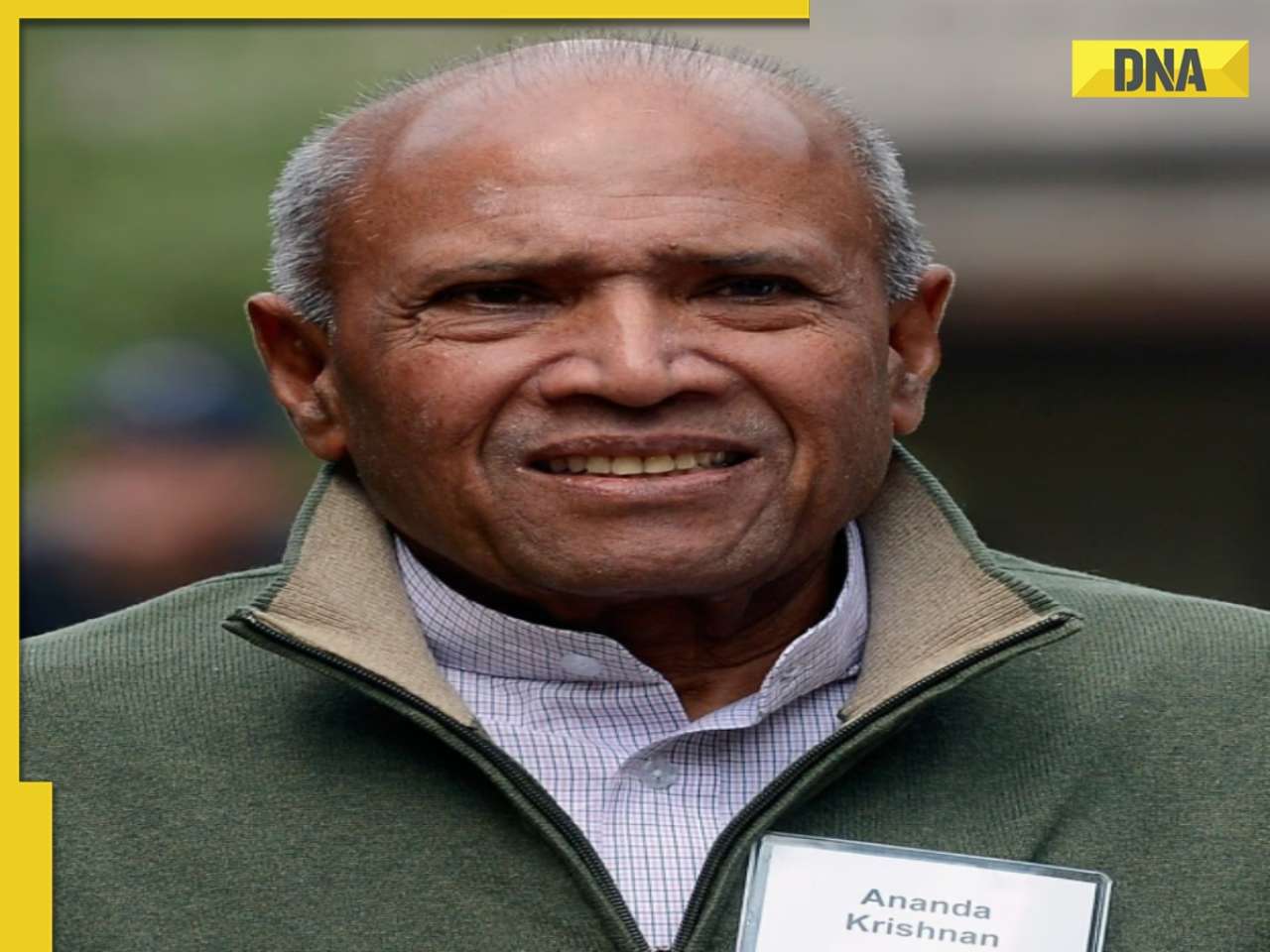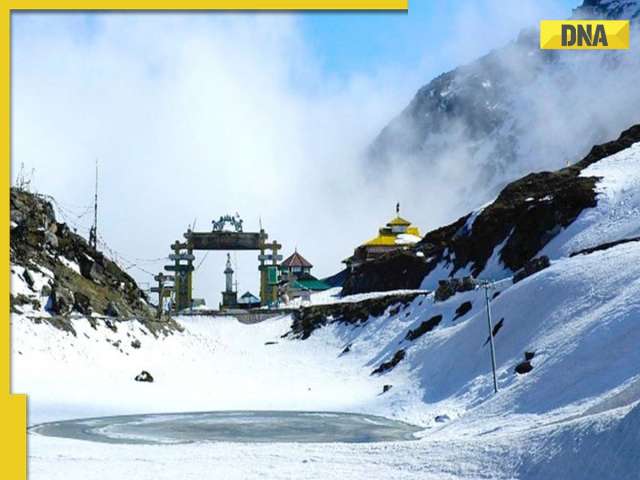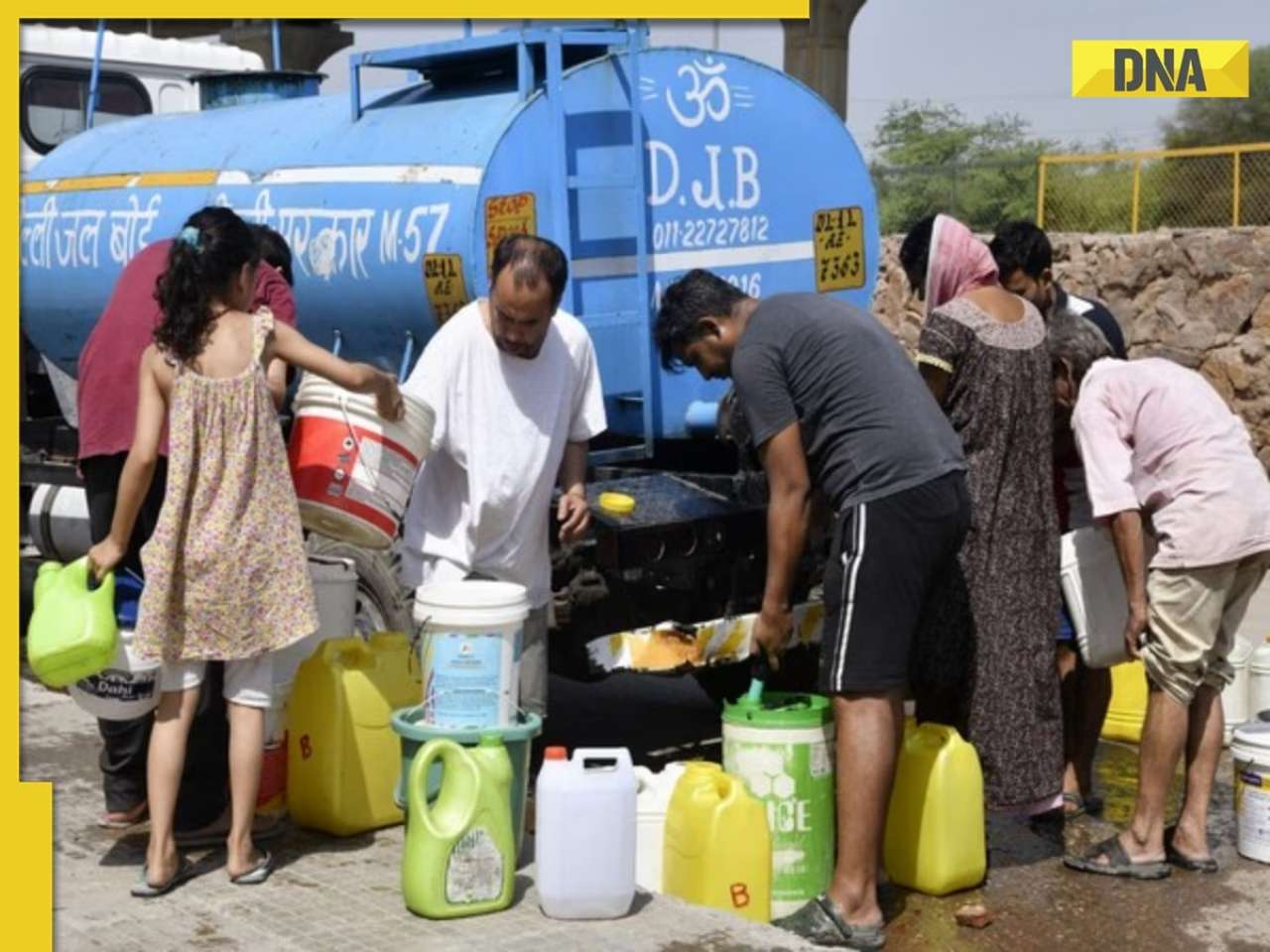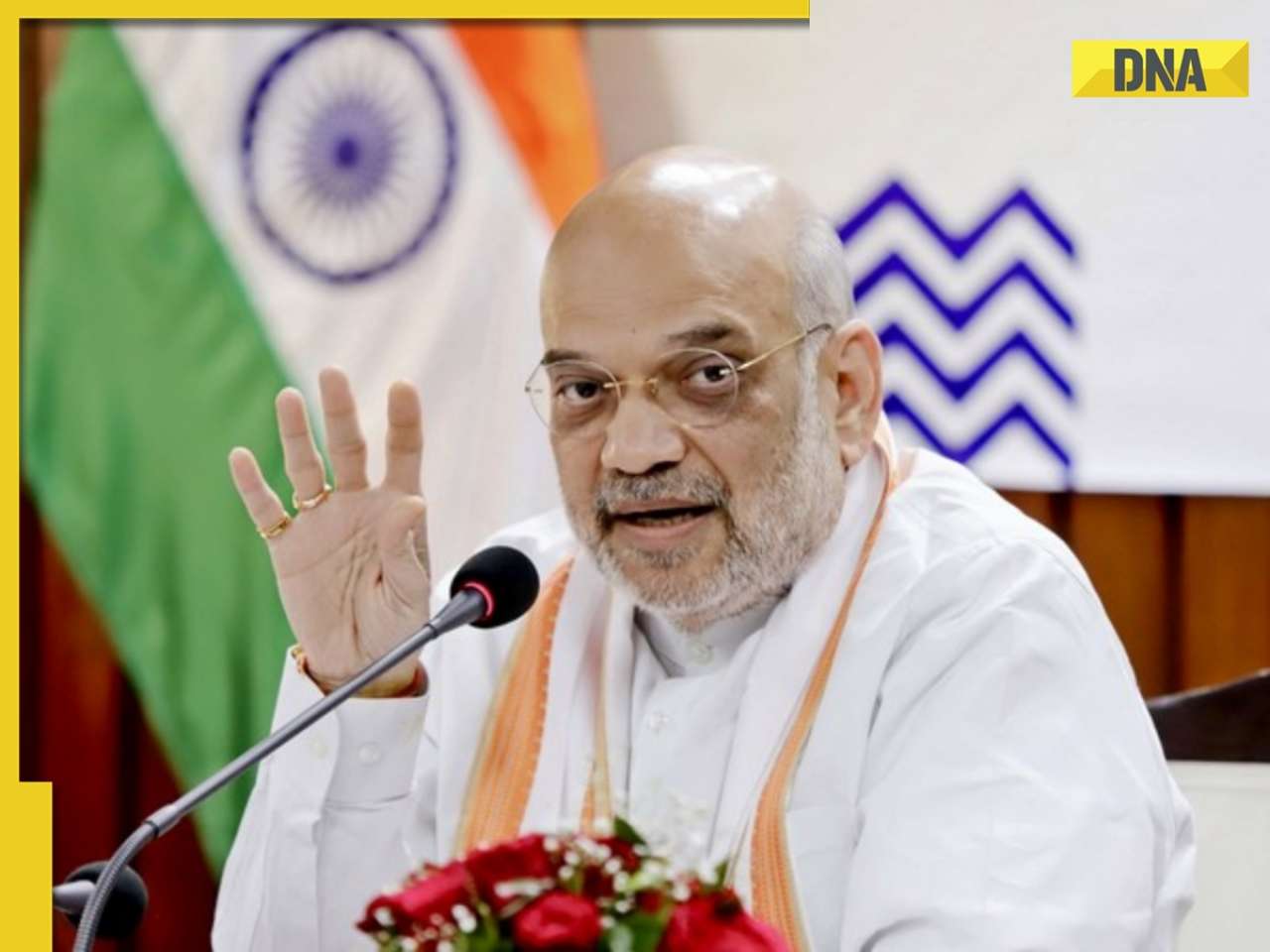- LATEST
- WEBSTORY
- TRENDING
BUSINESS
‘We need broader, sensible regulations in realty, which introduce transparency’
With residential realty prices skyrocketing, commercial realty coping with huge vacancies and the Indian real estate regulatory bill still far off, DNA speaks to Killian O’Higgins, CEO Asia-Pacific, DTZ International and Anshul Jain, CEO India, DTZ
TRENDING NOW
With residential realty prices skyrocketing, commercial realty coping with huge vacancies and the Indian real estate regulatory bill still far off, DNA speaks to Killian O’Higgins, CEO Asia-Pacific, DTZ International and Anshul Jain, CEO India, DTZ about how Asia-Pacific region is dealing with the issues. Excerpts:
Where does Indian real estate stand compared with other Asia-Pacific countries?
Jain: Real estate in India is growing at a faster pace (than other Asia-Pacific countries) and the country presents huge scope in both, the real estate and the services sector. We (real estate) are still at a nascent stage in India; we have been into professional business for only 15 years (since there is no data available prior to that). The real estate services sector is very young and between 6-7 property consultants, we are turning over a business of Rs1,000 crore. That’s a significant from jump from zero in less than 15 years. And global attention is towards India.
O’Higgins: If you look at foreign corporations, especially those from the US, they prefer India over China, because of intellectual property rights, suitable properties and assets, an educated workforce and a law system that will protect your investments. Anshul was recently on a US tour and we interacted with players, they are only talking about India and China. People are not talking about call centres at all; they are now talking about high-end services in BPOs, research facilities and advanced technology centres in the country. All those organisations are looking at massive expansions within the country.
Jain: If we look at 2009, the commercial demand in India was 20-23 million square feet (msft). This year will probably be anywhere between 35 and 40 msft. This is almost as high as the 2007 numbers, which was the peak of the Indian market. Demand has also gone up significantly compared to last year.
India at present has an oversupply in commercial segment. How are other countries doing?
O’Higgins: If we look at Melbourne, Australia, there is undersupply of office space, but Australia is one of the countries that was least impacted by the economic recession. In addition, it has a symbiotic relationship with China, because it has raw materials that China wants and imports. But in quite a few Chinese cities, you will see a 20% vacancy rate, but there is also an issue of vacancy rates with quality.
The best quality accommodation is not huge, because it is generally bought. Though Singapore has seen a 50-60% fall in rent and a lot of vacancy, their market is now on the rise, again with no developments happening. But with the growth of Singapore as a financial centre, I was advising people at this time last year that this is the bottom of the market and the right time to buy a building.
If your lease is expiring in two years, get in refurbished and repositioned and have it available by 2014, when we expect the least supply.
There is a counter-cyclical difference of opinions, because every time the vacancy is high, that is the time to invest, because others become conscious about developing more space.
Where are Tier I cities headed in the residential segment?
Jain: In Mumbai and Delhi, prices are full. In fact, in Mumbai, residential prices are between 15-20% over-priced and in Delhi, particularly Gurgaon and Noida, 15% overvalued. Now, again, the economic scenario in Gurgaon is such that there is huge momentum. The price will be sustained, but the scope of increasing from here in the short term is difficult. You can say the ceiling has been reached, as far as residential prices are concerned, particularly in Gurgaon.
Noida looks overpriced to me, although there is a lot of speculative demand in Noida. There is some kind of bubble building up there, but would it break now? I doubt it. For higher priced property in Mumbai or New Delhi, you will find yourself in good position once you are sitting across the table.
So, I don’t think developers are going to reduce the headline prices, but when you sit with them you can get good deals over the next 6-9 months. The headline prices will hold for another one year from here, but in the luxury market, you can negotiate.
After the recession, apart from Mumbai or Delhi, which other cities in the Asia-Pac region picked up pace as fast as us?
O'Higgins: In Singapore and Hong Kong the residential prices have moved up as much as 50-70% in certain pockets. Traditionally, Hong Kong and Singapore correct very quickly, markets go down, they go down.
In Australia there has been significant increase in residential. The best part in Asia-Pacific markets is that the governments are taking actions very quickly to check bubbles.
Like Australia or mainland China, Hong Kong is also worried about property bubble and every month the Chinese central government comes up with something new..The law does not allow you to own more than three apartments in China.
It would be very different in India, it is very difficult to see how you get the money in and also take it out. While the Chinese market doesn’t allow you to buy more than three houses, they allow you to put 40% down if you are buying and 40% in Hong Kong, so there is significant amount of money floating. We have seen a direct impact of this policy and fall in prices very quickly in different cities.
There is also a relationship between Chinese local government's funding through real estate. The local government owns the land and sells it, which helps their budgets. Some of the local governments budgets' are formed by the capital receipts that come from land sales.
If they stop the market completely the government will have to replace that money, this is the money which has kept the city going. But they are taking significant and quick actions to avoid any bubble. In fact, the developers are paying the money quicker to the government which is being kept in trust funds.
The Indian government came up with a regulatory bill, which the developers termed as ‘license raj’. They are trying to do away with it. What do you have to say?
Jain: On one side, the problem with developers is that there is a paradoxical situation, on the other, the development industry is overregulated, if you ask me. So there are some 30-40 approvals that you need through the lifecycle of a building completion.
This gives rise to further lack of transparency and some regulations are not pointing in the right direction. Some of them are archaic and need to be dealt with. The government needs to consolidate the 30-40 approvals into 7-8 and may be centralise it with a single window clearance system. So the headache for developers to get clearance would be less and the industry would see more competition.
Some of the points in the government’s bill, with regards to consumer protection, are not there, which the bill was trying to bring. For example, standard measurements, now we all know that if you are buying 2,000 sft, you don’t know how much you will be getting. I don’t mind paying for 2,000 sft and getting 800 sft, as long as I understand that it is uniform everywhere with all developers.
The problem is that everyone uses different calculations, the contracts are all one-sided, if developers don’t deliver the property, you get only 2% per annum and there is no way you can default on your payment once you are in a contract. If the quality of the end product is poor, you cannot do anything about it. These are the issues that the government needs to sort out.
On one hand, they need to reduce the regulations and on the other, they need to introduce some broader and sensible regulations which introduce transparency. We need transparency in the system, which would happen only if the industry is de-regularised and only some set of rules and parameters are set.
Some reports say that getting approvals in China or Brazil is much easier and faster than India. What are the reasons?
Jain: China also has its fair amount of regulation, but the thing is, they go through it fairly quickly. Let us not confuse approvals with bureaucracy. Once we bureaucratise, the approval process transparency gets compromised.
In China, if you have a piece of land, the system is smooth. Here, in India, once you have land, you don't know how many more approvals you really need.
O'Higgins: But the question is, is their political will? Because real estate and politicians go hand-in-hand. The reality is that clear regulations are required, otherwise developers with closer proximity to politicians can get 10-20% more out of the same piece of land than others. Developers need to contribute to the local development such as landscaping, roads, infrastructure etc. There are lovely buildings, but landscaping is very poor. A builder may have made a good profit by constructing a building, but didn't invest in the roads or infrastructure leading up to the building.
If you get it signed upfront and get the developer to do it, then where does the money go? That is why transparency is required.








)
)
)
)
)
)
)
)
)
)
)
)
)
)
)














